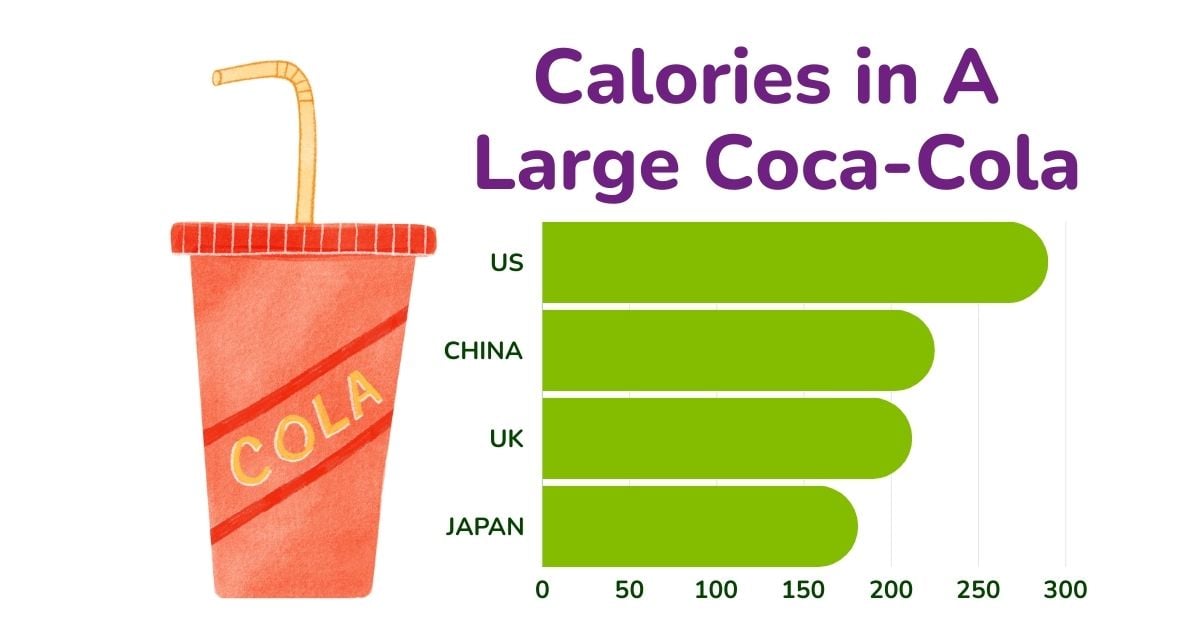Recently I heard some complaints about weight gain among my fellow international student community, which reminds me of my personal experience when I arrived in the US 8 years ago. I gained 10 pounds in the first six months.
After spending a few days browsing for evidence, it appears that I was not alone - a considerable number of college students, especially first-year international students, are either experiencing or concerned about weight gain that is running out of their control. [1]

Then, what are the risk factors that make international students more vulnerable to weight gain? To answer this question, let's look closer into this specific community and see what unique challenges they face after landing in the US for higher education.
Acculturation for Survival
Defined as "the process of assimilation into a different culture"[2], acculturation is an umbrella term that covers all the changes one has to make, physically and mentally, to survive in a new, unfamiliar environment. For international college students, it means adapting to new patterns of communication, transportation, eating, and living.
Among all these changes, dietary acculturation appears to be one of the most significant contributors to weight gain. An earlier study found that Asian students eat more sugary and salty snacks but less vegetables after residing in the US for 3 months or longer.[3]

International students have to deal with a dilemma just like average Americans do. It's never easy to reach a balance between budget and health with limited food choices and insufficient cooking experiences.
Imagine you are a 19-year-old college freshman from another country. Even though you know it is always best to cook a nutritious, balanced meal at home for you and your roommate, the taste and texture of the food you prepare may not be satisfying most of the time, which makes you feel frustrated.
Then you decide to open DoorDash, or UberEats, perhaps, on your phone and browse through all the possible options: burgers, fries, pizza... all of them are of high energy density. Oh, and there's also fake Chinese food offering sugar-coated chicken. On the other hand, the seemingly healthy choices are usually overpriced. And finally, you ordered McDonald's.
Stress, Extra Stress
Compared to domestic college students, international students need to cope with double or even triple shots of stress. Besides academic stress, homesickness, language, and of course, all parts of the acculturation process add to their cumulative stress level.
It has been well-studied that a higher stress level is associated with a higher risk of weight gain, [4] as stress can impact both eating behaviors and sleep quality. [2][5]

You don't even need to understand the complex mechanism of hormones and neurotransmitters behind this association, just think about the time when you felt like emotionally eating, or the nights before exams when you had insomnia. All these behaviors can lead to an increase in the calories eaten and a decrease in the fat burned.
Changes in Motion and Portion
Despite the factors that directly influence one's behaviors, there are some other contributors to the weight gain of international college students. They may seem not as apparent but are associated with underlying reasons that account for the high prevalence of overweight and obesity in the US.
Most cities in the US do not have a well-established public transportation system, which means driving is usually the only choice for mobility. For international students from countries where public transportation is better, it means a change in the total time and frequency of everyday physical activities.
To ride a bus or a light rail train, you have to walk or bike to the stations, stand there for a couple of minutes, and then when the bus or train arrives at its destination, walk to the place you want to go. However, when it comes to driving around, all you need to do is hop on your vehicle, sit and drive, and hop off when you arrive.

This is something that takes a whole blog article to discuss, yet evidence has indicated a strong and consistent correlation between the use of public transportation and BMI.[6]
Another difference is in the portion size. Interestingly, some food items provided in the US are slightly larger in portion than the same items sold in other countries.
Take the McDonald's L-size Classic Coke for example, it has 290 Calories[7] as declared by the McDonald's official website, compared to the mainland China version which has 225 Cal (941kJ)[8], the Japanese version has 181 Cal[9], and the British version has 212 Cal[10]. It means if you order the same combo meal, you take in more calories in the US.

Sum Up... Extra Pounds
It does not require advanced algebra to understand the math behind the weight-gaining trend among international college students. An increase in caloric intake caused by changes in the types and portions of food consumed works together with a reduction in energy expenditure through high-quality sleep and daily physical activities, leading to a net surplus of calories.
Both colleges and international student communities need to be aware of this trend and put some interventions at work. Meanwhile, although I only looked into this very specific group, it could be a good biopsy of the immigrant health concerns in the US.
Choosing a healthy plant-based and vegan diet is most beneficial when it comes to:
-
Higher levels of energy;
-
Improved sleep;
-
 Aids in energy and overall happiness;
Aids in energy and overall happiness; -
Provides a sense of comfort and relief;
-
Could prevent major diseases such as obesity and diabetes;
-
Accomplish weight-loss and management; and
-
Improves mental and cognitive functioning.
There are really no excuses not to try healthier habits in your everyday life. If you are a man or woman looking for specific benefits of adopting healthier habits or just want to know about the general healing properties of herbs. Please remember to comment or post any health questions, or contact us directly!
Also, feel free to share any of your favorite recipes to make and share it with the Assuaged community on our ➡️ Share A Recipe ⬅️ page!














